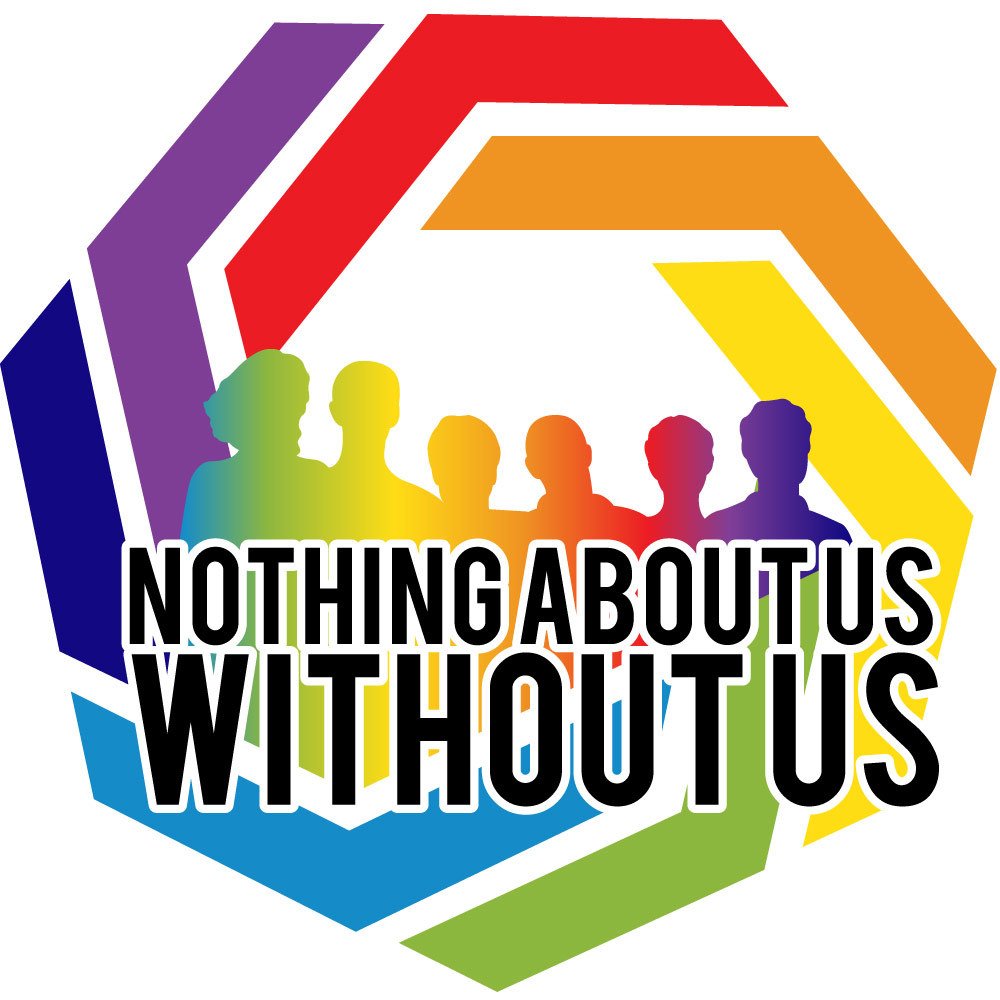
Digital Resources
Websites
Different Brains
-
Different Brains® strives to encourage understanding & acceptance of individuals who have variations in brain function and social behaviors known as neurodiversity.
Exceptional Individuals
-
Exceptional Individuals is a website that provides neurodiverse recruitment & employment services for neurodivergent people & companies trying to be more neurodiverse.
However, we found the blog to be most helpful and linked directly to the blog post section on their website.
Neurodiversity Network
-
The Neurodiverse Network provides a safe community for neurodiverse individuals and their families, with educational resources, support groups, and life improvement aids.
A Return to Wholesome w/ Dr. Gabor Maté
-
A Return to Wholeness
with Dr. Gabor Maté
Discover the truth about trauma — and what it takes to heal.
Social Thinking
-
Helping over 2 million educators, clinicians and families around the world for over 25 yrs. Evidence-Based Tools to Help With Social Anxiety, Self-Regulation & Executive Functioning.
Autism Acceptance by ASAN
-
This website is a list of resources all about autism. It is split up into sections based on what each resource focuses on. Topics include advocacy, rights, finding and making an autistic community, and more!
Dr. Gabor Maté
-
Renowned addiction expert, speaker author Dr. Gabor Maté is sought after for his expertise on trauma, addiction, stress and childhood development.
Betty Martin: Wheel of Consent
-
In her framework The Wheel of Consent, Betty traces the fundamental roots of consent back to our childhood conditioning. As children, we are taught that to be “good” we must ignore our body’s discomfort and be compliant: to finish our food even if we’re full, to go to bed even if we’re not tired, to let relatives hug and kiss us even if we don’t want to. We learn that our feelings don’t matter more than what is happening, and that we don’t have a choice but to go along, whether or not we want it.
As adults, this conditioning remains with us until we have an opportunity to unlearn it, which is why consent violations are often only called out after the violation has occurred - because we have not been taught or empowered to notice our boundaries, much less value or express our internal signals as the unwanted action is happening.
In this audiobook, Betty guides the listener through the Wheel of Consent framework, and shares practices to help us recover the ability to notice what we want and set clear boundaries. In these practices, we discover that the Art of Giving includes knowing our own limits so we can be more generous within those limits, and not give beyond our capacity. We also discover that the Art of Receiving invites us to notice and ask for what we really want. This knowledge, and its embodied practice, is foundational for creating clear agreements and bringing more satisfaction into relationships.
While much of consent education focuses on noticing what we don’t want, or prevention of violation, Betty has developed a “pleasure-forward” approach to teaching consent. By first accessing and awakening (sometimes re-awakening) our bodies’ relationship to pleasure and what we want, we can practice noticing and verbalizing what we don’t want. Such an approach provides a more holistic frame in which to unlearn the childhood conditioning that taught us to be silent and compliant, and in which individuals can learn to ask for what they want and state what they don’t in a more empowered way.
The implications of this approach to consent education extends beyond touch and intimate relationships. When we forget how to notice what we really want, we lose our inner compass. When we continue to go along with things we don’t feel are right, we lose our ability to speak up against injustice. This has a profound effect on society. We allow all manner of inequality, corruption, theft of natural resources, and our planet’s future health because “going along with it” feels normal.
The #MeToo movement exposed the pervasiveness of boundary violations in modern culture. The Wheel of Consent offers a deeply nuanced way to practice consent as an agreement that brings integrity, responsibility, and empowerment into human interaction, starting with touch and relationships, and further expanding our understanding of consent to social issues of equality and justice.
-
-
PDF of the “Wheel of Consent”
-
Compassionate Inquiry
-
Dr. Gabor Maté developed the Compassionate Inquiry® psychotherapy approach, which reveals what lies beneath the appearance we present to the world.
Using the Compassionate Inquiry system, both the individual and therapist unveil the level of consciousness, mental climate, hidden assumptions, implicit memories and body states that form the real message that words both express and conceal.
Blogs
My Soul Balm
-
My Soul Balm is a mental health and wellness blog created by and for Neurodivergents. Their mission is to connect Neurodivergents to affirming mental health resources.
Authentically Emily
-
Learning to navigate life as a young autistic woman with lived experience of mental illness.
Emily has been gracious enough to allow us to use her infographs on our website. We encourage you to check out her blog and other social media platforms!
-
-
Neurodivergent, by Laly
-
Neurodivergent is a blog written by Laly, a Gen-X writer. The blog is about ADHD and PTSD, and is intended to be informative and motivational.
Her blog is moving here. So for updated posts, please click the url in this description—but most of the content will still be found on the linked, Neurodivergent blog that can be found by clicking the above photo.












